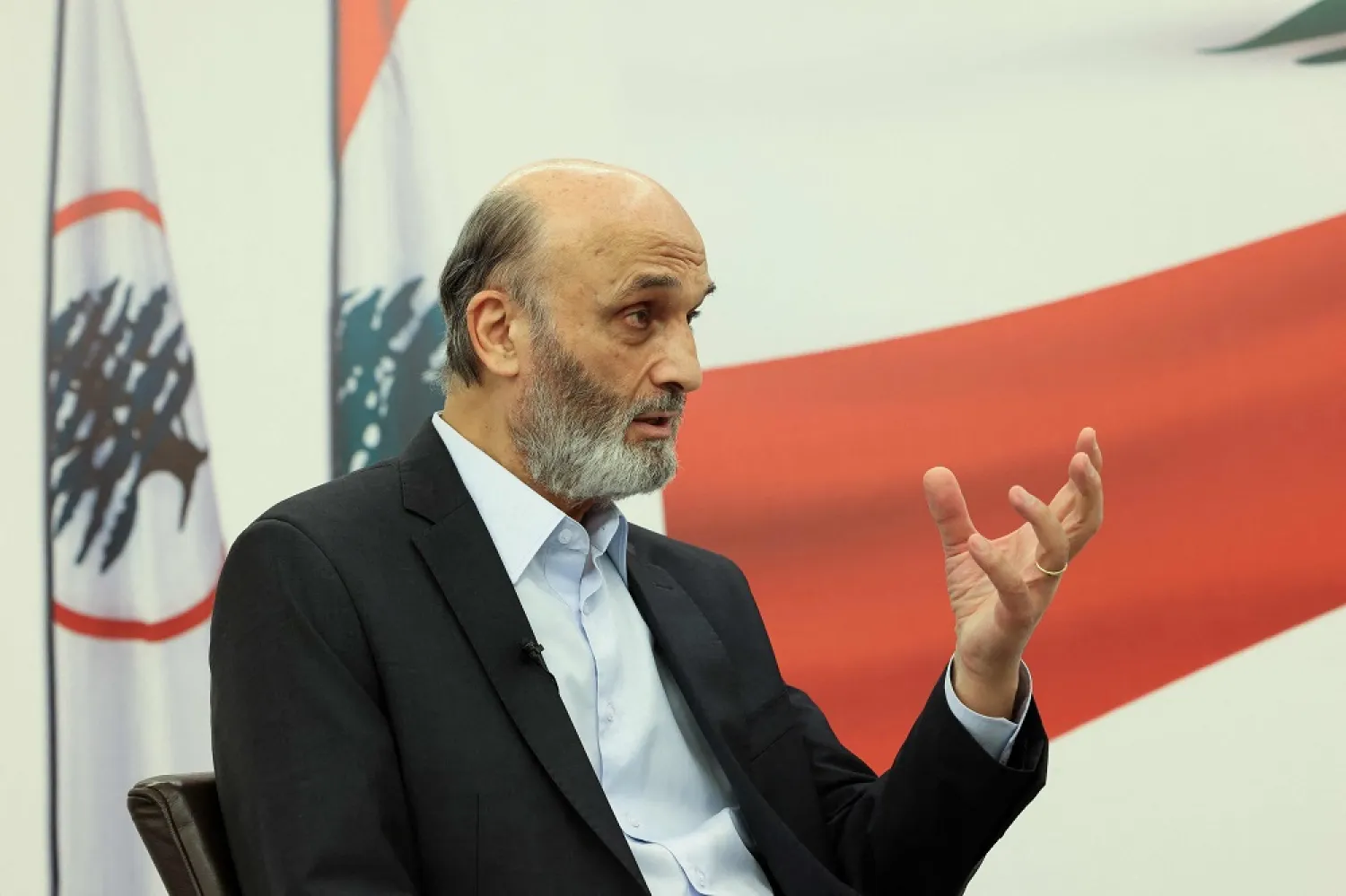A political dispute is looming on the horizon in Lebanon over the shape of the new government.
The country is sharply divided between parties that want the formation of a majority government and another that wants the establishment of a national unity cabinet that brings together all groups represented at parliament.
The formation of a national unity governments in recent years in the country had taken up months.
The Lebanese Forces, which was seen as one of the victors in the recent parliamentary elections, has called for the formation of a majority government. The Hezbollah party has demanded the establishment of a national unity cabinet, a position that will likely be shared by its allies.
President Michel Aoun, a Hezbollah ally, has yet to make his demand.
The election of a new speaker of parliament and his deputy are the first tasks of the new parliament. That will be followed by the appointment of a prime minister.
Informed sources told Asharq Al-Awsat that Aoun is awaiting the naming of a speaker, his deputy and prime minister before delving into the issue of the government.
Member of Hezbollah's parliamentary bloc MP Hassan Fadlallah spoke of a "fictitious majority" that was formed after the elections, refusing the idea of "majority rules".
"We have started to hear conditions over the formation of the government, meaning someone intends to obstruct it and hinder the concept of partnership. They believe that winning an additional seat at parliament entitles them to rule the country," he added.
"They are delusional and haven't learned from previous experiences," he remarked.
"They must realize that Lebanon is a country of diversity and it cannot be ruled by a majority because its sectarian identity does not allow it," he explained.
On the opposite end of the divide, an LF source told Asharq Al-Awsat: "We want a majority government because the other camp had ruled through various governments, all of which led us to a dead end and could not help Lebanon out of its crisis because it refused to embark on reform, but opted to pursue its interests."
"We cannot form a partnership government with this camp, which is one of the main obstacles preventing Lebanon from ending its crisis," it added.
"It should therefore, open the way for the formation of a majority government that can kick off reform," it urged.
LF leader Samir Geagea has repeatedly called for the establishment of a majority government.
"We support a majority government that can be effective... and that agrees on a unified project," he told AFP on Sunday.
Lebanon is grappling with an unprecedented financial crisis widely blamed on corruption and mismanagement by a bickering ruling elite that has dominated the country since of the 1975-90 civil war.
The country has been battered by triple-digit inflation, soaring poverty rates and the collapse of its currency since a 2020 debt default.
International donors including the International Monetary Fund have preconditioned assistance on the implementation of key reforms.
The May 15 election yielded a polarized and fractured parliament that denied any single bloc a clear-cut majority.
The LF clinched 18 seats, with an additional spot going to an allied lawmaker who is not a party member.
To challenge Hezbollah, Geagea is counting on alliances with other traditional powers opposed to it, including the Kataeb party, and the Progressive Socialist Party led by Druze leader Walid Jumblatt.
At least 13 independent lawmakers who emerged from an anti-government protest movement in 2019 could also bolster their ranks, said Geagea.









